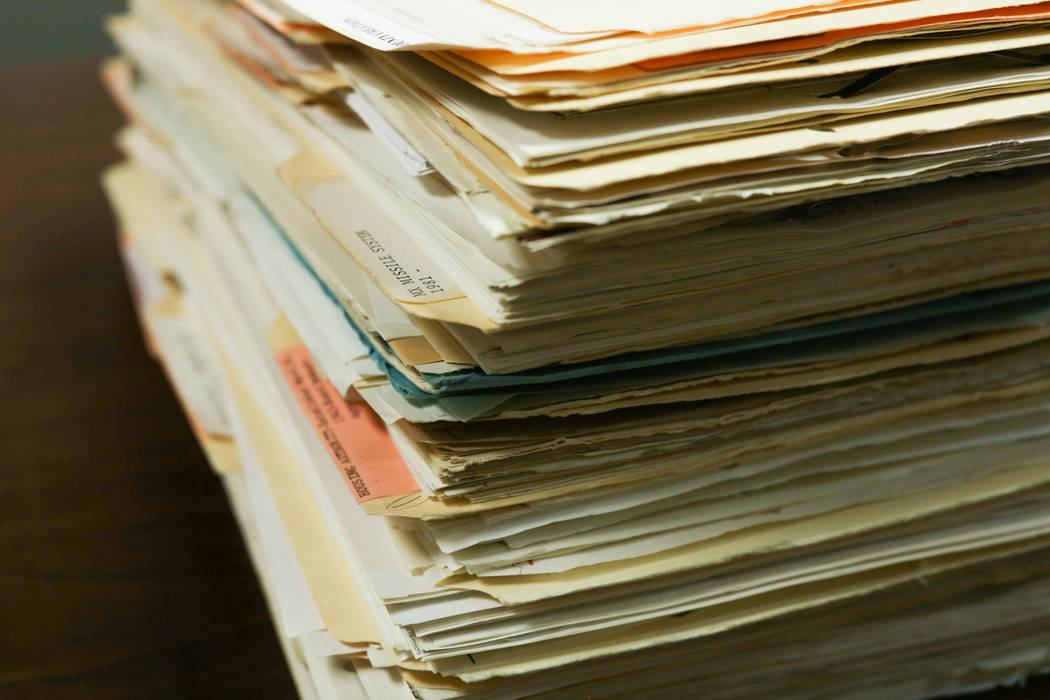EDITORIAL: Report on UNLV dental school should be made public
It’s a basic and reasonable concept: The taxpayers have a right to see the results of the government investigations they fund. Yet, once again, a Nevada public institution opts for darkness over light.
In September 2017, UNLV hired a multinational law firm — Dentons — to look into the dental school’s billing practices, along with allegations that a doctor in the dental school was recycling material used during implant surgery. The doctor said he was sterilizing the so-called dental “abutments,” although they were intended to be thrown away after one use.
The Review-Journal’s Arthur Kane reported last week that heavily redacted billing statements he obtained from the university reveal UNLV paid more than $366,000 to the law firm to conduct the investigation. That included invoices in March 2018 for 28 hours of work — at $550 an hour — to review “preparations of report” and make “final report revisions.”
Yet UNLV officials now fall back on their best Sgt. Schultz impression and claim they “know nothing” about any such report.
“UNLV has no public records responsive to your request,” the school’s record staff wrote to Mr. Kane. “To the extent that UNLV may have had communications with Dentons, any such are confidential and protected by the attorney-client privilege.”
UNLV spokeswoman Cindy Brown picked up the same talking point. “All redacted portions in the records provided to you constitute confidential communications protected by the attorney-client privilege,” she wrote in an email.
Well … no. The actual “clients” in this case are the taxpayers who picked up the bill. The idea that UNLV officials would argue they may spend more than a quarter-million dollars of public money investigating wrongdoing at a public institution and then simply sit on the results of the probe reveals a deep and distressing disregard for transparency and accountability.
“It’s a public dental school that has the public as clients,” pointed out Regent Trevor Hayes, one of the adults in the room, “and they should know what is in the audit.”
Unfortunately, this reflexive tendency to stonewall and obfuscate is deeply ingrained in many of Nevada’s government agencies. Consider how Legislative Democrats in 2017 refused to release the results of an outside investigation — paid for by state taxpayers — into sexual harassment allegations against a sitting lawmaker. Scores of similar examples highlight a widespread disdain among public officials and bureaucracies for the vital concept of open government.
To their credit, lawmakers did beef up Nevada’s open meeting law last session, imposing modest penalties for those who flout the statute. UNLV’s refusal to grasp the basic concept that taxpayers have a right to access information compiled on their behalf could serve as Exhibit 127 for the necessity of such reform.

















